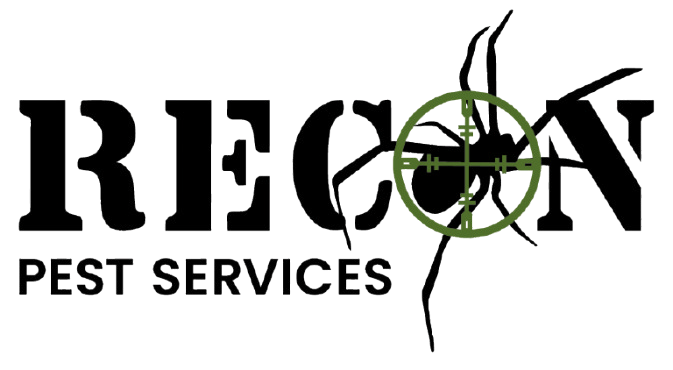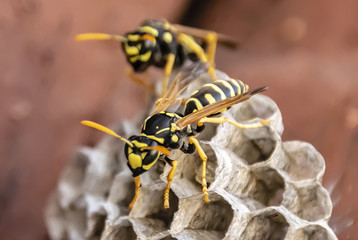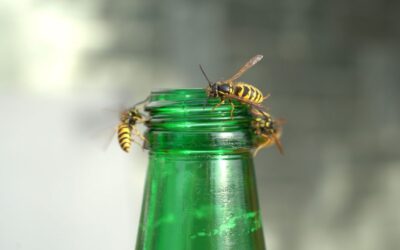Wasp Exterminator - RECON Pest Services
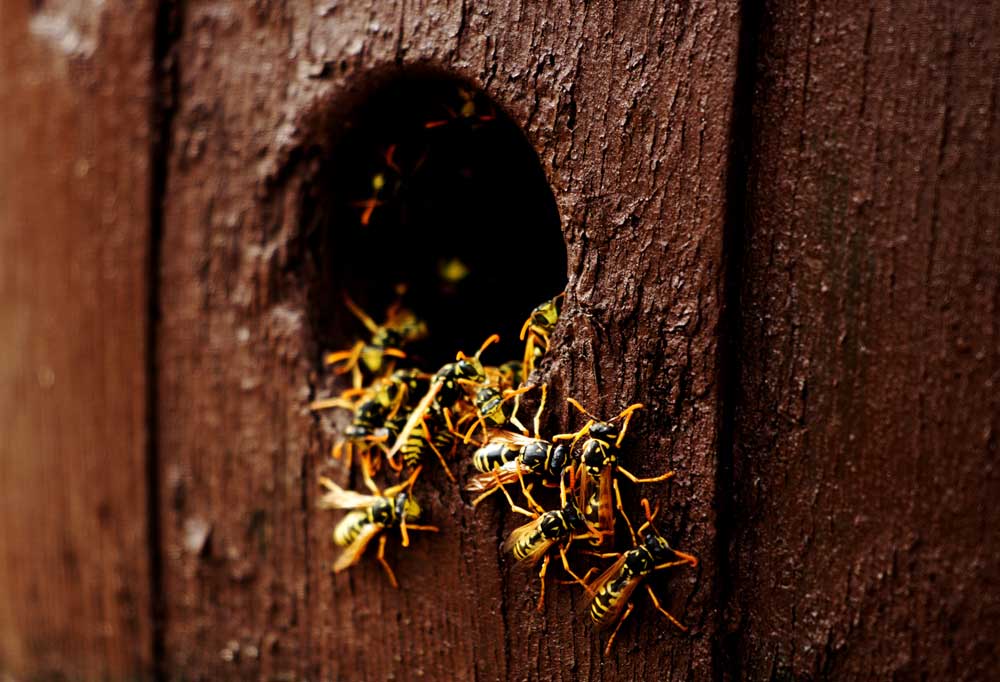
Aggressive wasps building nests around your deck? Getting stung while trying to enjoy your backyard? At RECON Pest Services, we know how dangerous wasp problems can get. These flying stingers defend their territory fiercely and can sting multiple times without losing their stinger.
Our wasp exterminator services safely remove nests and eliminate colonies before someone gets hurt. These social insects become more aggressive as their nests grow larger through summer. What starts as a few wasps in spring can become hundreds by fall.
Nebraska’s warm summers create perfect wasp breeding conditions. They build paper nests under eaves, in trees, and around outdoor living areas where they threaten family gatherings and outdoor activities. Once wasps claim an area, they’ll attack anyone who gets too close.
Bee and Wasp Pest Control Services
We handle every type of stinging insect problem Nebraska properties face:
- Yellow Jacket Exterminator services eliminate the most aggressive wasps that build nests in wall voids, ground holes, and attic spaces. These wasps become extremely defensive and attack in swarms.
- Paper Wasp Control removes umbrella-shaped nests from under eaves, deck railings, and porch ceilings. These wasps have long legs and build open nests that are easy to spot.
- Hornet Elimination handles Nebraska’s largest wasps that build massive paper nests in trees and under roof overhangs. Their stings are particularly painful and dangerous.
- Ground Wasp Treatments target yellow jackets and other wasps that nest in holes in your lawn or garden areas. These hidden nests are hard to see until you step on them.
- Mud Dauber Removal eliminates solitary wasps that build mud tubes on walls, under eaves, and in garages. They’re less aggressive but their nests are ugly and messy.
- Carpenter Bee Control stops wood-boring bees from damaging your deck, eaves, and outdoor structures. They drill perfectly round holes to lay eggs in wood.
- Honeybee Relocation safely moves beneficial bee colonies to new locations when possible. These fuzzy pollinators deserve protection when they’re not threatening people.
- Emergency Wasp Response handles urgent situations where nests threaten safety at outdoor events, business operations, or family gatherings that can’t be postponed.
Bee and Wasp Exterminator: Dealing with Different Species
Each stinging insect needs different removal approaches based on its behavior:
- Yellow jackets are the most dangerous Nebraska wasps. They nest in large colonies and become increasingly aggressive through summer. Their ground nests are hard to see until disturbed.
- Paper wasps build smaller colonies with open, umbrella-shaped nests. They’re less aggressive than yellow jackets but will sting if their nest is threatened.
- Hornets build large enclosed nests that can house hundreds of wasps. They’re aggressive defenders, and their size makes their stings especially painful.
- Mud daubers are solitary and rarely aggressive. They build individual mud chambers for their young but don’t defend them aggressively like social wasps.
- Carpenter bees bore into wood to lay eggs. Males hover and act threatening but can’t sting. Females can sting but rarely do unless directly handled.
- Honeybees are beneficial pollinators that we relocate when possible. They only sting when threatened and die after stinging once.
Frequently Asked Questions
General Wasp and Bee Control
What's the difference between bees and wasps?
Can wasps sting multiple times?
When are wasps most aggressive?
How many wasps live in a nest?
Will wasps attack if I don't bother them?
Treatment and Safety
How do you remove wasp nests safely?
Can you relocate wasps like you do with bees?
What should I do if I get stung?
How do you find hidden ground nests?
Will removing one nest stop the problem?
Specific Wasp Issues
Why do wasps hang around my trash cans?
Can wasps build nests inside my house?
Do wasp nests need to be removed in winter?
Why are wasps attracted to my deck?
Can I spray wasp nests myself?
Why Choose RECON Pest Services
RECON knows Nebraska's pest patterns because we've been fighting local infestations for years. Our pest control company understands exactly when pests move and which areas they prefer, allowing us to target treatments for maximum effectiveness.
Our specialized treatments focus only on problem areas, not wasting time or resources on places pests ignore. This targeted approach means better results while minimizing chemical usage around your property.
Reviews
See what other companies have to say about our service. Read our customer reviews from businesses like yours.
Contact RECON Pest Services
Our specialists safely eliminate dangerous nests from eaves, trees, and wall voids without putting your family at risk. Emergency appointments available today across Omaha, Lincoln and surrounding areas. Contact our pest control firm today for safe, professional removal.
Blog
Stay informed about stinging insects with expert advice from our Nebraska specialists. Our blog helps you identify dangerous wasps and know when professional removal is needed.
Wasps in Nebraska – 5 Dangerous Pests to Avoid
Wasps can be a real nuisance for homeowners in Nebraska, and with several species buzzing around, it’s no...
How to Treat a Mosquito Bite On Your Eyelid & Treat Mosquitoes in Nebraska
Ouch! Why is my eye so itchy? A mosquito bite on your eyelid can feel like a major annoyance, but don’t...
Delayed Wasp Sting Reactions – Lincoln & Omaha Wasp Control
Ouch, was that a wasp? Have you ever been stung by a wasp and found yourself dealing with a delayed...
